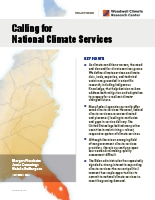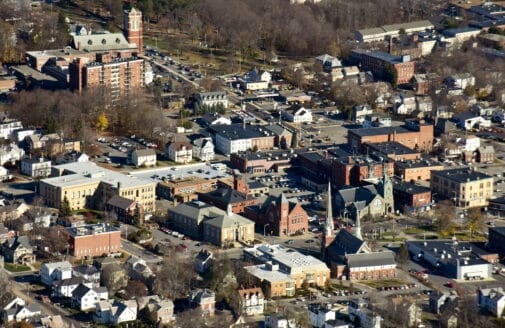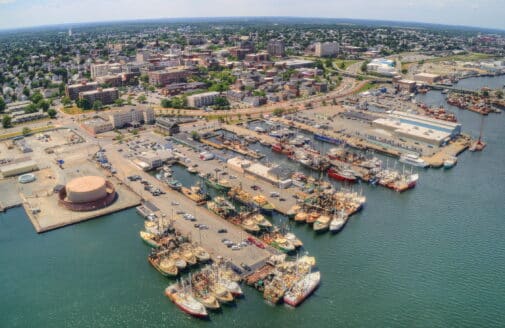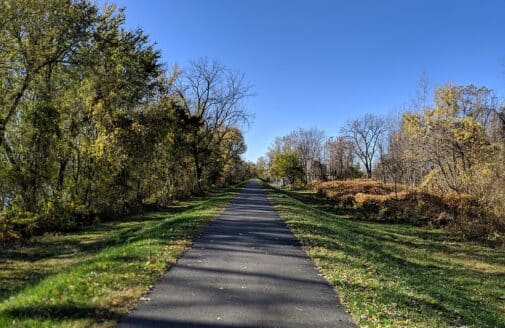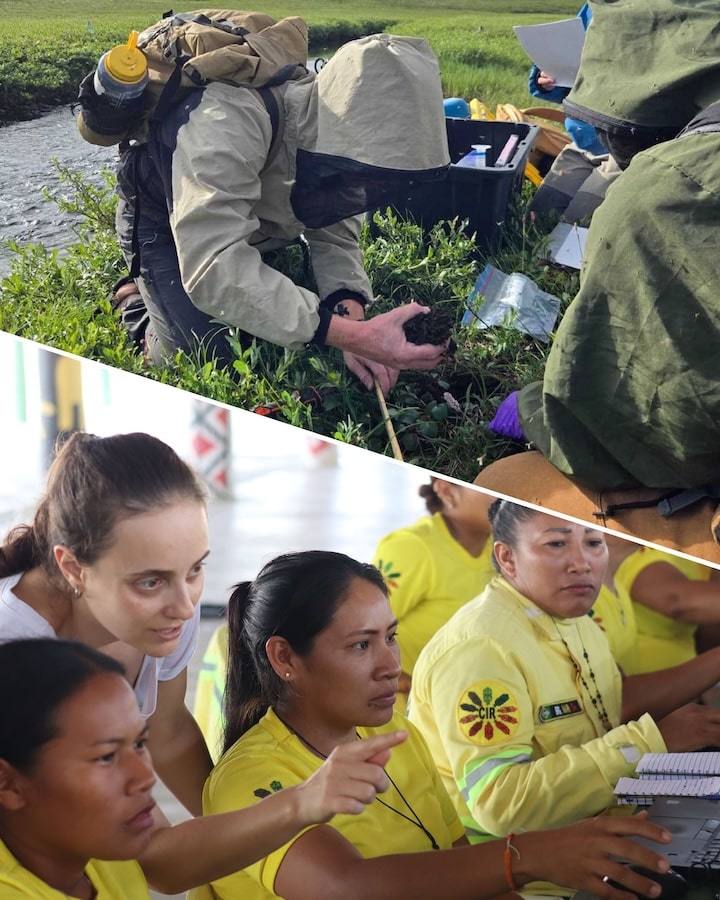Calling for National Climate Services
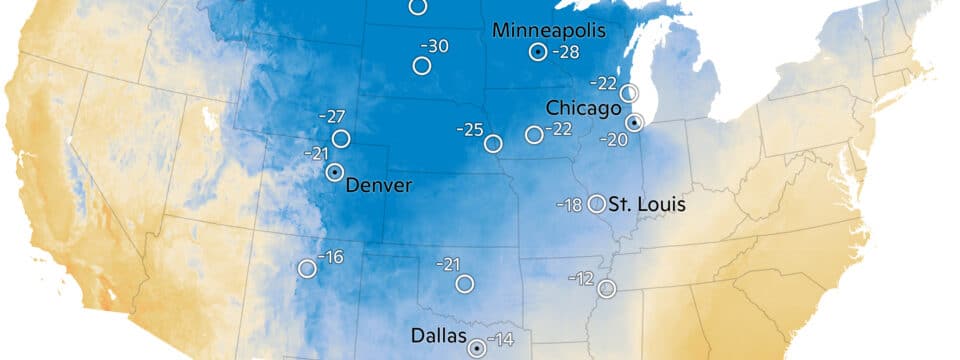
Key Points
- As climate conditions worsen, the need and demand for climate services grows. We define climate services as climate data, tools, expertise, and technical assistance grounded in scientific research, including Indigenous Knowledge, that help decision makers address both mitigation and adaptation to prepare for a resilient climate-changed future.
- Many federal agencies currently offer some climate services. However, federal climate services are uncoordinated and piecemeal, leading to confusion and gaps in service delivery. The United States lags behind many other countries in maintaining a robust, responsive system of climate services.
- Although there is an emerging field of nongovernment climate services providers, there is currently no open source standard making quality assessment difficult.
- The Biden administration has repeatedly signaled a strong interest in expanding climate services: the current political moment has ample opportunities to commit to national climate services to meet the growing demand.
Supporting decision makers in a climate-changed world
Communities across the United States and worldwide face increasing risks and costs as the world continues to edge toward 1.5°C warming above pre-industrial levels. Though no individual or community is spared the impacts of climate change, low-income communities and communities of color are more likely to experience climate-related health impacts (Berberian et al., 2022), and research has shown that climate disasters widen racial wealth gaps in the U.S. (Howell and Elliot, 2019).
Climate change is increasingly impacting the choices made in every sector of society, but not everyone is prepared to make climate-informed decisions. As such, there is a growing need for climate services that help decision makers adapt to and plan for a climate-changed future. Climate services encompass climate data, tools, expertise, and technical assistance that are grounded in scientific research, including Indigenous Knowledge. In the United States, climate services would support a wide range of users from adaptation practitioners, local decision makers, and insurance companies, among others.
Though many federal agencies, including USDA, USGS, and NOAA, offer climate services today, existing federal resources are not well-coordinated, leading to gaps in service delivery and unequal access. The United States lags behind many other countries, including Germany, the Netherlands, and the United Kingdom, in maintaining a centralized, robust, and responsive system of climate services (Panenko et al., 2021; GAO, 2015).
Existing climate services are insufficient
One of the main problems with existing climate services in the United States is that there are an overwhelming number of tools and datasets that lack top-down coordination, which results in confusion. This leads to a “practitioners’ dilemma” wherein communities in need of climate services have trouble knowing where to turn or what data can be used for what purpose (Working Towards Climate Equity: The Case for a Federal Climate Service, 2021). Existing climate services are reactive, disjointed, piecemeal, and difficult to navigate. There is no integrated portal—services are spread across different agencies within the federal government—so a user looking for data or tools must have familiarity with multiple platforms and web pages (OSTP et al., 2021).
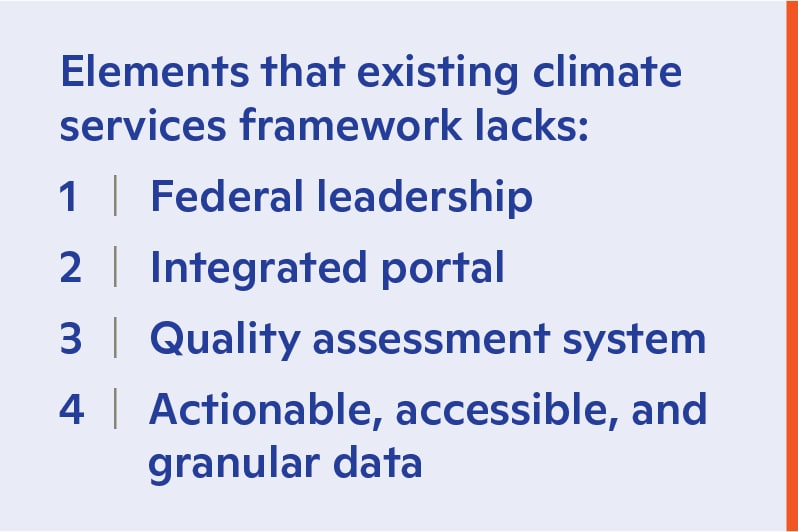
Moreover, many of the tools and datasets that exist need additional expertise to interpret or require downscaling from large global models (Fast Track Action Committee on Climate Services, 2023). This makes it difficult or impossible for non-experts to utilize them at the local scale, which is the scale at which many decisions are made (Condon, 2023).
Because the United States lacks robust federal guidelines for climate services, existing products and data from the nongovernment sector are not always open source, leading to uncertainty about whether they are consistent with the best available science. Such quality assurance is difficult without federal guidelines, as private sector climate service providers often use proprietary “black box models” (Condon, 2023). Discrepancies in predictions of climate risk between different providers suggest that not all such models are created equal (Condon, 2023). Researchers have shown that some private sector providers “over-claim” the scale at which their models are accurate or fail to articulate what their models can accomplish (Condon, 2023; Fiedler et al., 2021). This has the potential to lead to serious social and economic consequences when communities or businesses make decisions based on faulty or misused climate information (Condon, 2023). The current system also fails to monitor, learn, and evaluate from nongovernment experience in providing climate services. Finally, while nonprofits and academia are trying to provide more transparent and equitable climate services, such as Woodwell’s JUST ACCESS Project and Probable Futures, they face other challenges, such as capacity and resource limitations.
The current state of climate services also leads to inequitable access to information. Publicly available climate services may not be accessible for communities without staff who have expertise in climate, and options available in the private sector are often expensive (President’s Council of Advisors on Science and Technology, 2023). As a result, many communities with fewer resources are simply out of luck. These same communities are frequently those who are the most vulnerable to climate change precisely because they lack the financial and social resources to adapt and respond to climate-fueled threats. This is especially true for communities that have been historically marginalized, such as Black, Indigenous, and People of Color. Research has also shown that when attention to race is not included in analyses of environmental risk, outcome disparities can actually increase (Wang et al., 2023). This suggests that climate services will need to include and respond to communities’ historical context in order to achieve equitable delivery.
Possibilities for progress: Establish consistent well-coordinated federal agency leadership on climate services
The current political moment is rife with opportunities to commit to national climate services to meet the growing demand. The Biden administration has repeatedly signaled a strong interest in expanding climate services—launching the centralized portal at Heat.gov, announcing the forthcoming National Climate Resilience Strategy, and convening the Fast Track Action Committee on Climate Services, among other actions. Furthermore, nongovernment groups have expressed a desire and willingness to move forward on this initiative. We need a coordinated, comprehensive, accessible, and equitable system of climate services in the United States.
We recommend that the federal government work with Congress and non-federal partners to quickly establish a coordinated system of climate services with clearly outlined roles for both federal and non-federal providers. An effective national climate services system should align with the following principles:
- Streamlined: There should be an integrated system of portals allowing efficient access to an inventory of scientifically sound federal and non-federal resources, a significant portion of which should be accessible for non-experts and relevant at a local scale.
- Quality-assured: Experts should review climate services, including data, tools, projections, and technical assistance, to ensure scientific soundness.
- Standardization: The federal government should act as a leader in climate services, providing standards and quality assessments that can be utilized by local decision makers and practitioners alike.
- Just: Climate services should center on climate justice and focus on the priorities of frontline communities. The federal government should develop its climate services alongside end-users and should build an evaluation of service delivery to ensure that the resources provided are meeting the needs of the most impacted communities.
- Collaborative: Climate services should capitalize on the expertise of existing non-federal organizations and networks in the space and work across federal, state, Tribal, and local governments. Information exchange should be multi-directional. The federal government should implement a system that leverages and supports existing organizations and networks, including the academic, private sector, non-profit, and philanthropic organizations (Graham, et. al, 2021).
References




